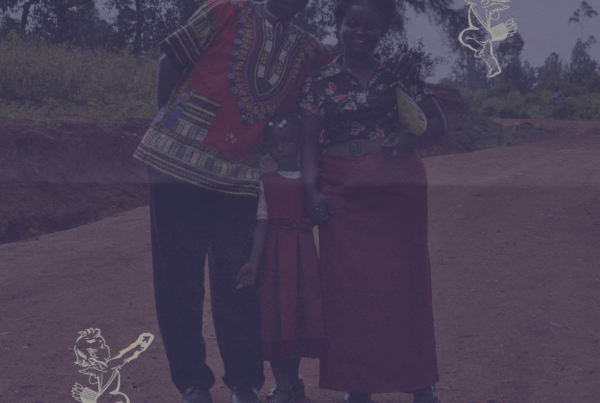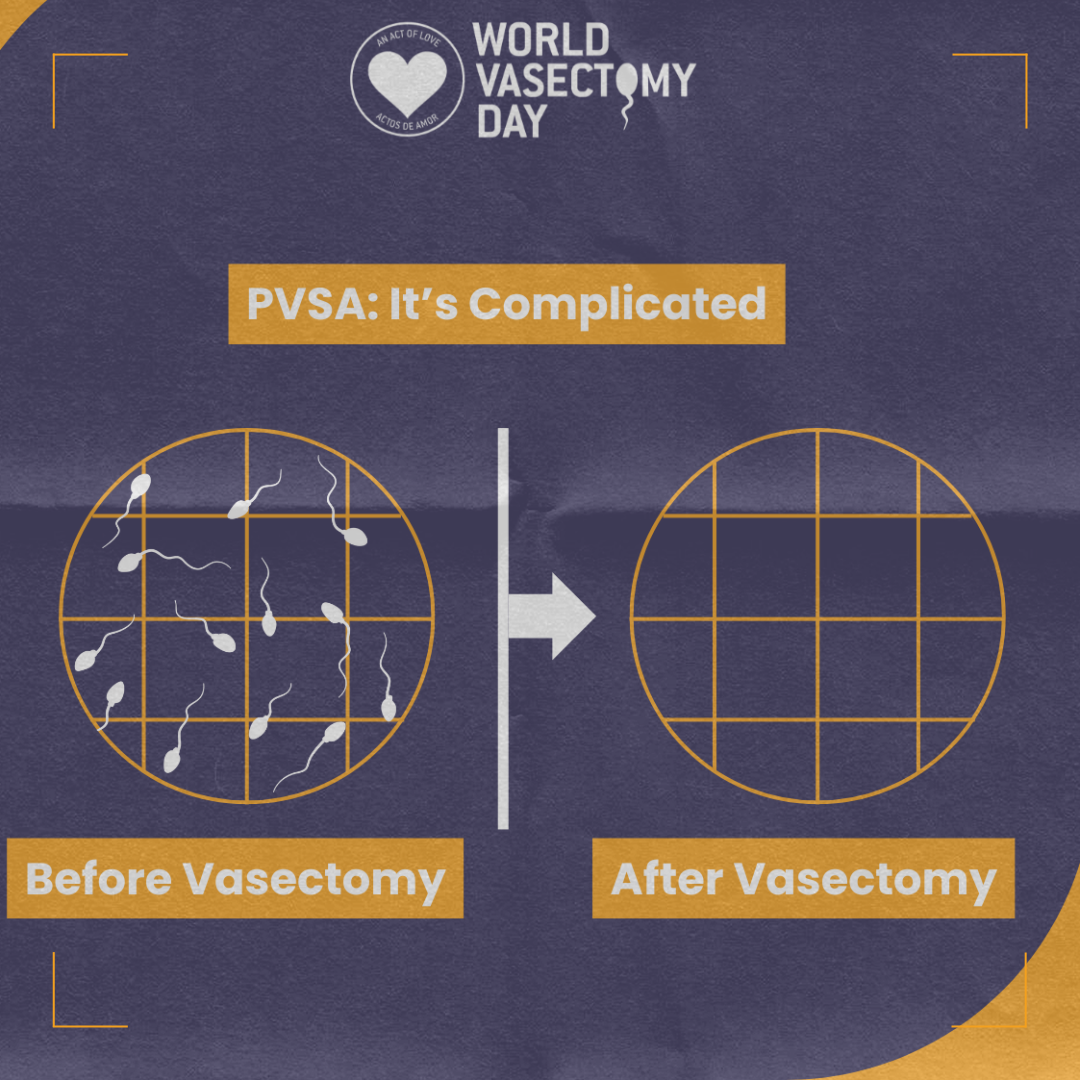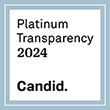WVD in Africa
Uganda
Peer Champions Training on Vasectomy in Masaka
On 20th September 2025, the WVD Uganda communications and programs team traveled to Masaka for a special mission, training community peer champions. The training, held on the 21st of September, brought together 12 peer champions from across Masaka district with one goal: to strengthen their knowledge and skills in promoting vasectomy as a safe, responsible, and loving family planning choice.
Throughout the day, the champions engaged deeply in sessions covering vasectomy knowledge, community mobilization, and client care. Many described the experience as an opportunity to “learn, unlearn, and relearn,” highlighting how the training reshaped their understanding of vasectomy not just as a medical service, but as an act of love and responsibility.
Beyond the training hall, the impact was felt directly in the community. Together with MSUG, the champions took part in an outreach activity where they mobilized men from their communities to access services. Several men chose vasectomy that day, a testament to the power of trusted community voices in action.
The journey also led the team to Lambu landing site in Masaka, where clients who had undergone vasectomy openly shared their stories. Their testimonials were filled with pride and encouragement, serving as powerful examples to other men about the importance of taking responsibility in family planning.
This training marks another step in WVD Uganda’s commitment to building a network of peer champions who will inspire change, support communities, and strengthen the message that family planning is about love, partnership, and responsibility.
Reaffirms Commitment to Family Planning on World Contraception Day 2025
On 26th September 2025, Uganda joined the rest of the world in commemorating World Contraception Day with a national event held in Kiboga District. The day brought together government leaders, health partners, civil society, and communities under one message, access to family planning is everyone’s right and responsibility.
Speaking at the event, the Minister of State for Primary Health Care, Hon. Margaret Muhanga, reminded Ugandans that family planning is not a woman’s burden alone.
“Family planning is a couple’s thing. A woman cannot make herself pregnant, and without a woman, a man cannot have children. Men must support their partners to access family planning services and they too can take them up,” she said.
This powerful message reinforced the growing recognition of male involvement in family planning, a cause that WVD Uganda champions every day. Dr. Richard Mugahi, the Commissioner of Reproductive Health at the Ministry of Health, Uganda, expressed excitement about having a male-focused partner in the national conversation, noting that “bringing men on board is a game-changer for family health and shared responsibility.”
As part of the celebrations, WVD Uganda, represented by the country coordinator Mr. Jubilee Zacharia, signed the national family planning commitment board, reaffirming our pledge to support Uganda’s efforts to increase contraceptive uptake, reduce teenage pregnancies, and promote informed reproductive health choices.
With each signature, the event highlighted a simple truth: when men and women walk this journey together, families thrive, communities flourish, and Uganda moves closer to achieving universal access to reproductive health.
Written by;
Akao Phiona Morrow
Chibombo Insaka
Date: 1st September 2025
Location: Chibombo, Central Province.
The Insaka in Chibombo began with a courtesy call on the Mayor, who received the Tapeza Campaign with openness. He committed to creating opportunities for WVD to participate in council meetings and project launches, ensuring the campaign reaches men where they gather. Importantly, he promised to link WVD with chiefs across the district and requested the establishment of a Langiza Chikondi–style facility in Central Province. His additional support for outreach in Kapuka fishing village, where health amenities are limited and men remain underserved, pointed to practical entry points for collaboration.
The Insaka itself drew a strong gathering: two headwomen, five headmen, and fifty men. The Tapeza Campaign was formally introduced and warmly welcomed by traditional leaders. They pledged to continue raising awareness on vasectomy within their communities, embedding the message within tested and trusted local structures. By the end, twelve men openly expressed intent to consider vasectomy, while several others asked to learn more before deciding. The commitment of leaders to sustain the conversation stood out as a vital outcome, showing community readiness for men to participate equally in family planning.
These insakas are particularly significant because they provide a culturally familiar space where men can confront sensitive issues, ask candid questions, and receive accurate information. In Chibombo, the health sessions led by Dr. Ospensio Nkhuwa brought this to life, offering clear explanations on contraception and demystifying vasectomy. The questions raised revealed both caution and curiosity, signalling a move away from myth toward informed engagement. With council support at the top and grassroots leaders committed on the ground, the campaign has a strong base for lasting impact.








